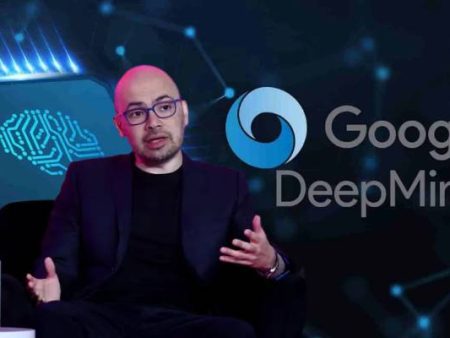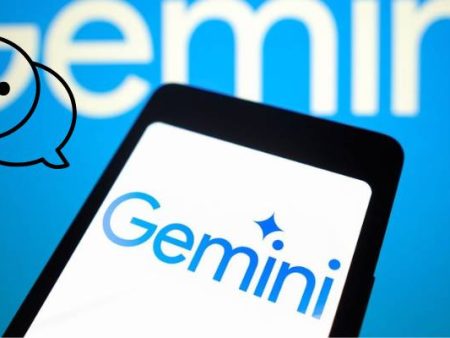It sounds like something out of a sci-fi movie, scientists at the University of Washington have drawn on artificial intelligence to design real antibodies that kill cancerous cells.
And the Financial Times reported that those researchers had trained powerful generative AI models to imagine and build previously unseen protein structures – and some of them worked in the lab.
For comparison, conventional antibody design is painfully slow. Testing thousands of molecules to find one that actually does its job can take years.
This new method could reduce that timeline to weeks. And that’s enormous – not just for cancer research but for how we make medicine, period.
The possibilities here seem nearly boundless, and perhaps that’s what makes it a little scary as well.
The science itself is jaw-dropping. The AI system could design antibodies that homed in on cancer cells with great precision, something even experienced mammalian-systems researchers have had trouble accomplishing.
As the journal Nature reports, these new computational techniques can forecast how proteins fold and assemble in ways no human could have guessed. It’s evolution on fast-forward.
But there’s more to it than clever code and fancy models. Behind it all is a weightier question: If AI becomes the inventor of the next generation of medication, who is accountable for what it produces?
As an article in MIT Technology Review noted, regulators are nowhere near prepared for the algorithms that invent drugs – and the systems that keep them from poisoning or even accidentally evolving into dangerous-to-humans machines were built with human researchers in mind, not machine collaborators.
And honestly, that makes sense. Technology travels at light speed; law and ethics lumber along.
Still, the optimism is contagious. Investors are betting billions on AI emerging as the next big frontier in health according to a report from Reuters.
If it proves out, we might see faster, cheaper treatments for a wide range of maladies including cancer and autoimmune disease.
But if it does not, then we risk inundating the system with untested compounds, or generating a a new variety of inequality – in which the power to cure lies in whoever owns the smartest machine.
For my part, I think it’s an interesting cocktail of wonder and worry. On the one hand, the idea that AI may aid in curing diseases formerly thought to be incurable chills me.
On the other, it poses a question about just how much control we are willing to cede to machines.
In a recent report from The Guardian, experts are now warning that AI’s primary struggle may not be accuracy, but accountability.
Now, here we are at the confluence of biology and code. The University of Washington team’s finding is a glimpse at what can happen when machines begin to think like scientists.
But whether this is the dawn of a new medical era, or a confusing muddle-jump into the unknown, will depend on what we do next – and whether we’re smart enough to use our new power responsibly.


